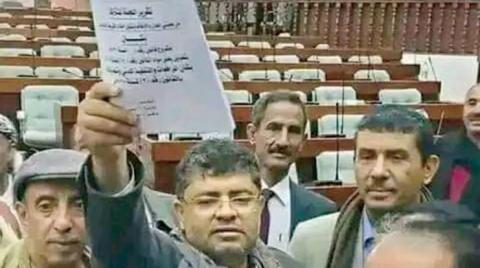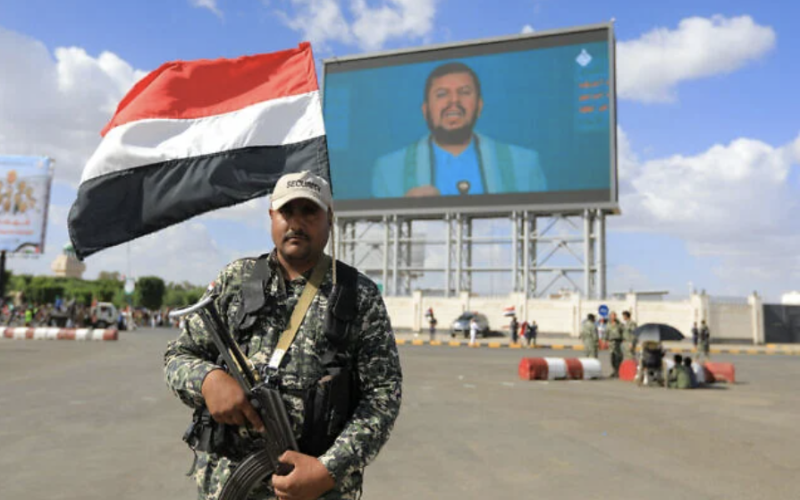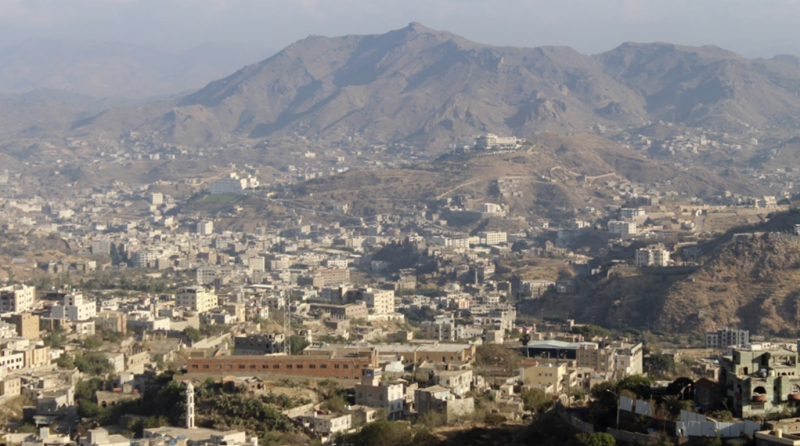EU Blacklists Yemen’s Houthis, Freezes Group’s Assets


In a move welcomed by the Yemeni government, the European Union blacklisted the Houthis, freezing the militias’ assets, only days after a similar Arab resolution and a UN Security Council resolution described the group as a terrorist organization.
The EU’s decision was made against the backdrop of Houthis attacking civilian infrastructure, obstructing humanitarian aid, pursuing an oppressive policy of sexual violence against women, recruiting child soldiers, planting landmines arbitrarily, and targeting commercial ships in the Red Sea.
According to the ban, the EU froze Houthi assets and prohibited funding the group.
Yemen’s Ministry of Foreign Affairs and Expatriates welcomed the EU resolution on Houthis. It supported sanctioning Houthis for threatening peace, security, and stability in Yemen.
A press release by the ministry cited the Houthis’ terrorist behaviors, including attacks on civilians and infrastructure in Yemen, oppressive policies and atrocities against civilians, sexual abuse against women activists, child recruitment, provoking sectarian-racist based violence, randomly spreading landmines, blocking humanitarian aid, and assaulting commercial ships in the Red Sea.
The ministry called for mounting more pressure on the insurgents to press for peace and revive Yemen's political process.
The Council of Arab Interior Ministers had approved the classification of the Houthi group as a terrorist entity and its inclusion in the list of terrorist entities on the Arab list of perpetrators, masterminds, and financiers of terrorist acts.
The Council’s General Secretariat said in a statement that the move comes as a result of the violations against the Yemeni population, including killing, displacement, imprisonment, and torture.
It also condemned the group’s violations against neighboring countries and the international community, including repeated cross-border terrorist attacks targeting civilians and civil infrastructure in Saudi Arabia and the United Arab Emirates.
The statement explained that the inclusion of the Houthis in the Arab blacklist comes as a result of the efforts of the Arab police and security services, which realized the danger of these militias and the consequences of the spread of their actions and ideas.
In February, the Security Council imposed an arms embargo on the Houthis and considered the group a terrorist organization.

Sana'a -- The leader of Yemen’s Houthi rebels warned that any Israeli presence in Somaliland would be considered a “military target,&rd…

Aden -- Yemen’s Southern Transitional Council (STC) said that it is getting closer to declaring an independent state in the south. &l…

Hadramout – The Southern Transitional Council (STC) forces announced Sunday the discovery and seizure of an illegal, makeshift oil refinery h…